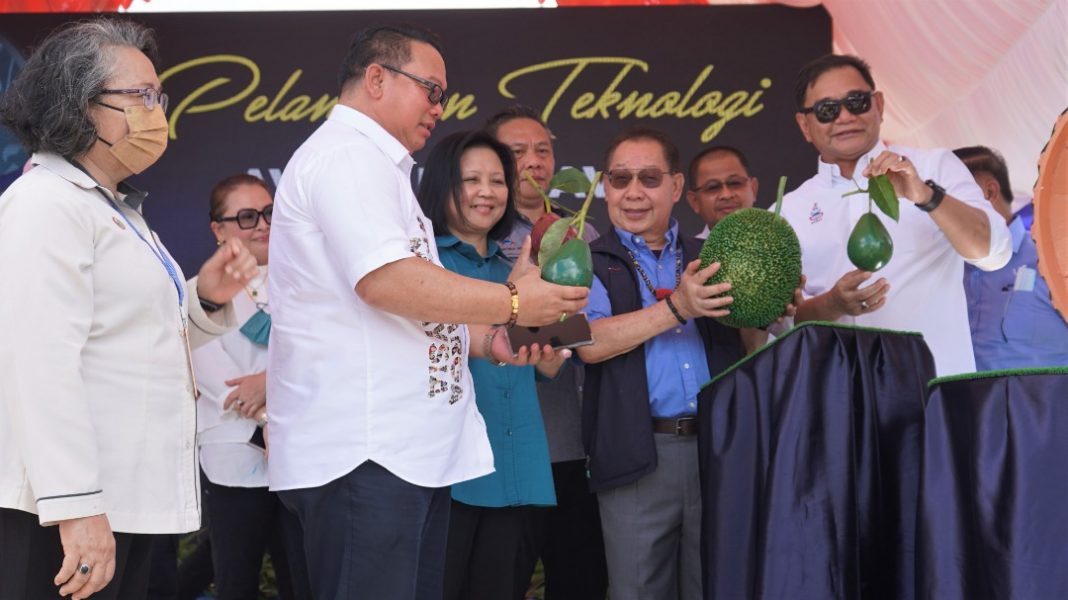TAWAU: The Quion Hill Agriculture Research Station has the potential to diversify its operation to and include ecotourism, especially for foreign researchers interested in local fruits.
Speaking to reporters after launching the station’s 65th anniversary here today, Deputy Chief Minister Datuk Seri Panglima Dr Jeffrey Kitingan said the centre is also an appealing option for food enthusiasts who want to sample some of the centre’s new varieties of fruits.
“I am confident ecotourism will help promote the station and the studies conducted here to a wider audience. We only need to upgrade a few facilities to make this place more attractive,” he said.
He said since the station’s inception in 1957, it has introduced several commercially available fruit varieties including two varieties of avocados and plantains in 2012, two salak clones in 2014, two breadfruit clones in 2019, and one red-fleshed durian clone and jackfruit clone in 2021.
“I am also pleased that, in conjunction with the station’s anniversary, we launched two new fruit varieties today: the avocado variety QAV 3 and the tarap variety QTRP 1.
“Both varieties were the result of a 20-year study in this station. The fruits are larger, have shorter maturition periods and are more disease resistant,” he said.
Kitingan, who is also the Agriculture and Fisheries Minister, said new and more productive food varieties such as QAV 3 and QTRP 1 are crucial during at a time when Sabah needs to ensure food security.
He noted that many countries were forced to halt manufacturing activities due to the pandemic, which wreaked havoc on various economic networks including food production, between 2020 and 2021.
“It also opened our eyes because, while there are no food shortages in Sabah, our self-sufficiency level (SSL) is still too low, and we are at the mercy of food exporters in other countries. We still import 75 per cent of our rice, 74 per cent of meat and others as well.
“This is a problem, but it is also an opportunity for us to find ways to feed ourselves because any disruptions in global food production will put us in jeopardy,” he said.
He said that Sabah has many cultivable lands that could help avoid a food crisis and that food production should be increased not only to meet current demands but also to stockpile for future supplies.
“One method is to encourage both local and foreign investors to invest in food production. We have a lot grazing land; in Tambunan alone, we have 25,000 acres of grazing land. More are available in other districts. So the potential is enormous.
“We are also looking into ways to work with oil palm companies. Oil palm is currently planted on 1.8 million hectares of our agricultural land. If only 10 per cent of the land is converted to paddy cultivation, it could have a significant impact on our paddy SSL,” he said.
He said that the government, through his ministry, is always ready to assist the agricutlural industry players with things like building roads into their farms, providing high-yield seeds and training services.
Also present at the event were Assistant Agriculture and Fisheries Ministers Datuk James Ratib and Hendrus Anding, permanent secretary Datuk Mariana Tinggal and Agriculture Department Director Jifrin Mohamad.-pr/BNN






